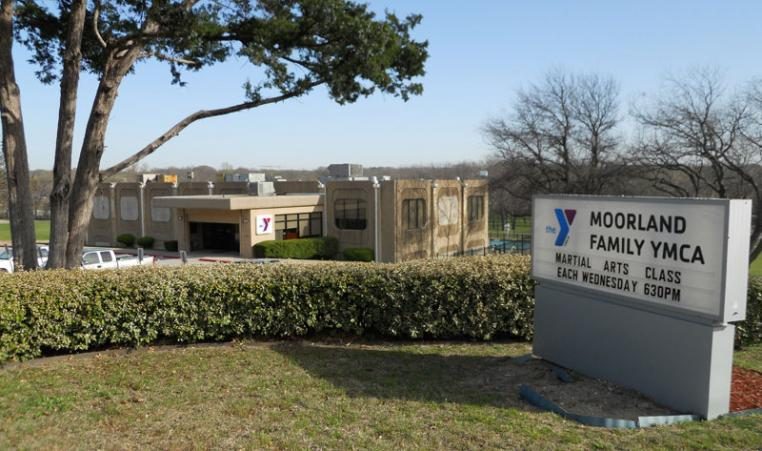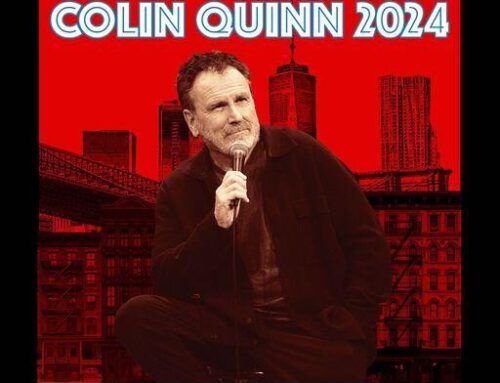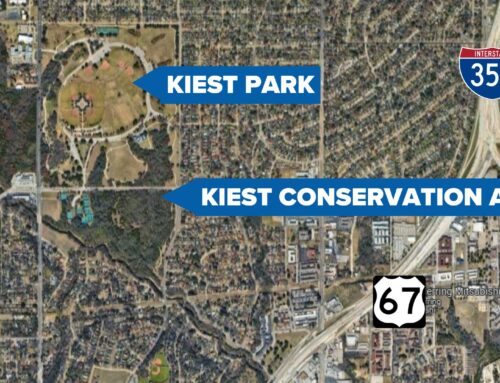A nonprofit that fights systemic oppression in a high-poverty Oak Cliff neighborhood will move from its storefront in the Glendale Shopping Center to the 20,000-square-foot former Moorland Family YMCA on East Ledbetter.
For Oak Cliff’s services include GED assistance, after-school childcare and a food pantry.
The nonprofit’s acquisition of the historic YMCA will allow expansion to include “early childhood education programs, family counseling services, a food pantry and bill assistance programs, along with community sports programming and swimming traditionally offered through the YMCA.”
Taylor Toynes, the nonprofit’s founder, told KXAS that he grew up going to this YMCA, which was originally built for Black Dallas. The first Moorland YMCA was built in Downtown Dallas in 1930 exclusively for use by African Americans. The Moorland Family YMCA moved to East Ledbetter in 1972.
“This neighborhood has a higher childhood poverty rate than 99% of U.S. neighborhoods, and our main goal is to undo that statistic,” says Lynn McBee, co-chair of the For Oak Cliff board of directors.
Founded in 2015, the nonprofit works “to improve social mobility and social capital by utilizing three pillars of programming: Community Building, Education and Advocacy. To date, For Oak Cliff has reinvested or donated more than $1 million within the 75216 Superblock.”
“We received several letters from community leaders in support of For Oak Cliff, and we couldn’t be happier that For Oak Cliff will continue their impactful and life changing work from this space, and that we can work with them to continue to provide some of our core services via sports program and swimming lessons,” says Curt Hazelbaker, president and CEO of the YMCA of Metropolitan Dallas.
Toynes already received the keys to the building (see video below) and For Oak Cliff will move into the space, which will allow space for social distancing for its current programs.
Next, they’re launching a capital campaign to raise $10 million, “which covers the total cost of the building plus annual operating costs for our programs like our GED, LENA, food pantry, bill assistance, and more,” Toynes says.






